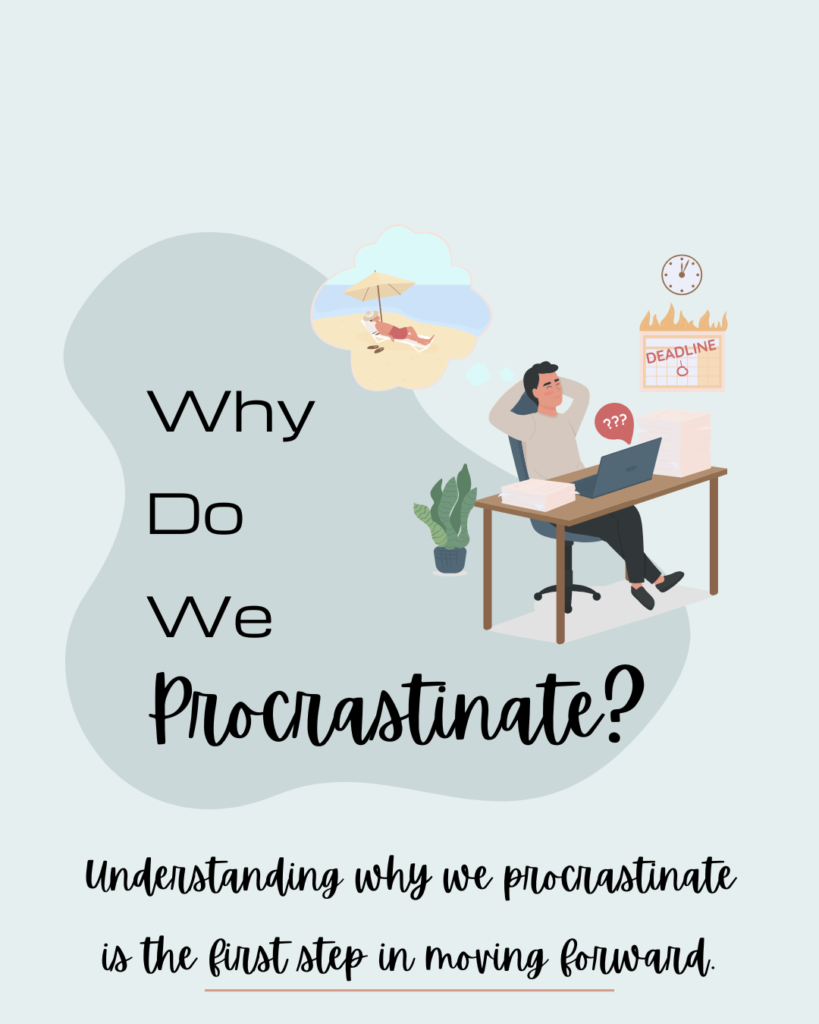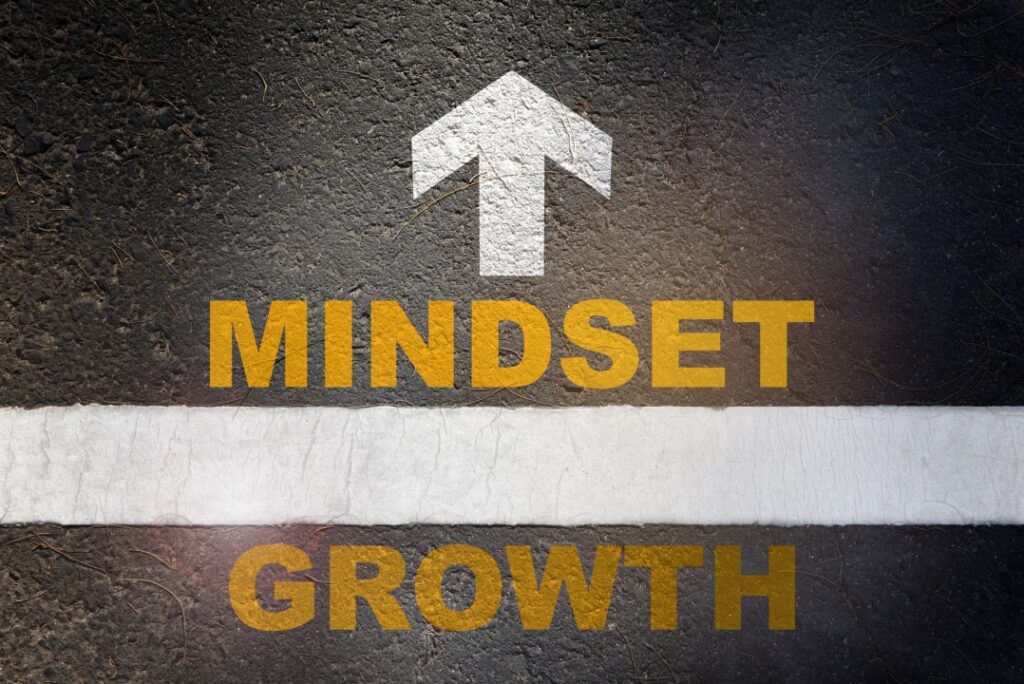I have been thinking about fear lately and its connection to procrastination. Webster defines fear as an unpleasant, often strong emotion caused by anticipation or awareness of danger. So, what is the relationship between fear and procrastination?
The truth is that fear and procrastination often go hand in hand. Procrastination is the act of unnecessarily delaying tasks, which is often driven by various underlying emotions. Fear is a significant contributor.
So, how are they connected? Here are three connections. How many of these do you identify with?
Fear of Failure: We tend to delay the task when we’re afraid we won’t meet our or others’ expectations. This delay offers a temporary relief from the anxiety associated with potential failure.
Perfectionism: The desire to produce flawless work can be paralyzing, causing us to delay starting or completing a task until conditions are “perfect.”
Fear of the Unknown: Fear can creep in when a task is unfamiliar or uncertain, making us procrastinate rather than confront the unknown.
Fear-Driven Procrastination
Having seen various contributors talk about a cycle of procrastination, I have culled together multiple takes on this for you. I invite you to think about instances when you were caught in a similar process.
The Trigger: A task or project is presented, and we experience fear, anxiety, or discomfort associated with it.
The Avoidance: To escape these negative emotions, we postpone the task. We might distract ourselves with other activities, such as checking emails, scrolling through social media, or tidying up the house.
The Relief: Procrastination temporarily relieves fear or anxiety, reinforcing the behavior.
The Consequences: However, procrastination has consequences, including increased stress, missed opportunities, and a sense of guilt.
The Repeat: We suffer the consequences, put these emotions aside, forget about the task, and then The Trigger starts the cycle again.
Breaking Fear-Driven Procrastination
Now that we understand the connection between fear and procrastination, let’s talk about strategies to break free from this cycle:
Recognize The Fear: Start by identifying the underlying fear causing you to procrastinate. Is it fear of failure, perfectionism, or the unknown? Like anything, acknowledgment is the first step toward overcoming anything.
Set Realistic Goals: When faced with an enormous task, break the tasks into smaller, more manageable steps. Take hiring a new team member. This may seem overwhelming, and the first step may be as simple as writing the job description. Just accomplishing this first step will provide a sense of accomplishment and reduce the fear of tackling this seemingly massive project.
Give Yourself Grace: Be kind to yourself. Embrace imperfections as part of the learning process. All of us do the best we can with the skills we have at the time.
Use Time Management Techniques: Techniques like the Pomodoro Technique (working for focused intervals with short breaks) can help you overcome the inertia of procrastination.
Fear and procrastination may be unwelcome companions, but you can break free from their grasp with awareness and effort. Recognizing the underlying fears, setting realistic goals, giving yourself grace, and using time management techniques are essential steps toward overcoming procrastination and achieving your goals.
Remember, you’re not alone in this journey, and conquering fear-driven procrastination is a valuable skill that can lead to personal and professional growth.
I wish you all a successful journey in overcoming fear-driven procrastination.
Doc Martin
I would love to hear your thoughts and experiences. Feel free to share in the comments or discuss how we can help your teams thrive even in these challenging times.
If you found this newsletter helpful, please consider sharing it with other leaders in your network.



